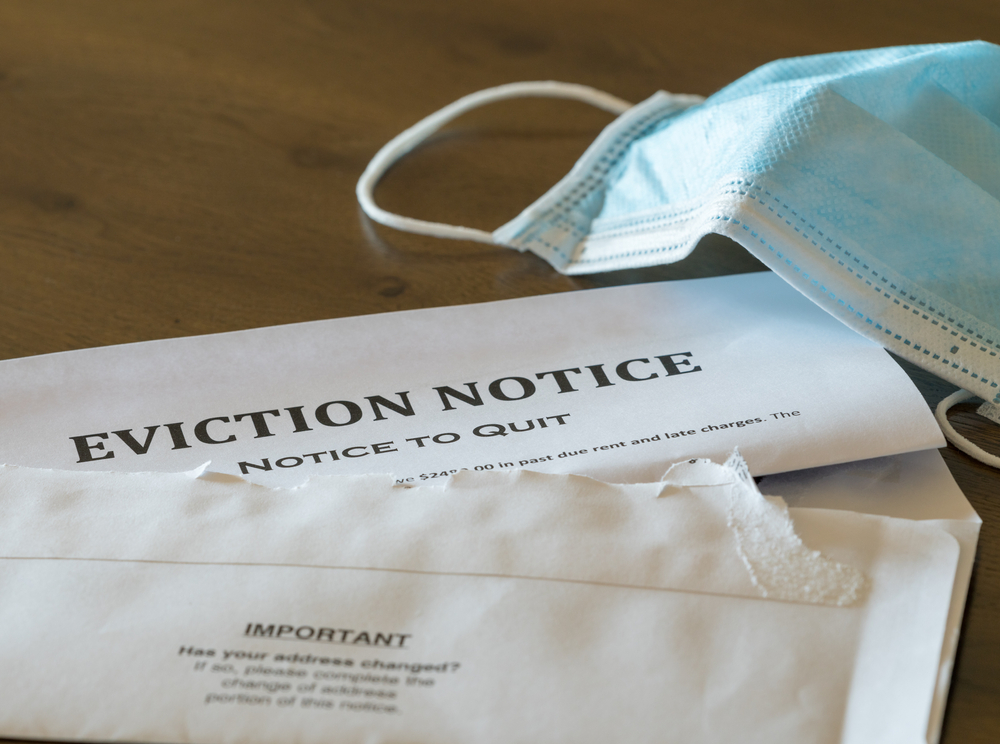The UK is currently experiencing another lockdown due to the pandemic and many people have been affected. It is important to know your rights when it comes to being a tenant and renting a property. Some landlords have chosen to regain control of their properties by evicting their current tenants. Others are being more flexible and are allowing for delayed or reduced rent payments. Either way it is important to know the latest regulations regarding evictions and notices as they have recently been updated.
What are your rights as a tenant during lockdown?
Due to the rise of Covid cases and with the current national lockdown in the UK some new guidelines have been implemented to favour tenants who are struggling to pay rent or to find new accommodation.
For eviction notices that were served between the 26 March 2020 and the 28 August 2020, the minimum notice period was three months.
However, this has now changed. After the current lockdown, that began on 5 January, the government has extended the protection of tenants against eviction by ensuring that landlords must give six months notice to tenants.
Notices served between the 29 August 2020 and the 31 March 2021, the minimum notice period has been extended to six months, unless exceptions apply.
During this time, landlords can give you an eviction notice but they will not be able to be carried out, unless for certain exceptional cases. Some examples of these exceptional cases where landlords will regain possession of their properties can be seen below:
- anti-social behaviour
- domestic violence
- rent arrears (ex: unpaid rent for 6 or more months)
Additionally there will not be any evictions by bailiffs during the national lockdown.
Protection for energy and utility expenses
Although there is no specific clause that allows the same level of protection for your property expenses, whether you are a tenant or a landlord, saving on bills is not hard during these difficult times.
The first step to saving is to know how to navigate through the different elements that affect your energy bill. This allows for a better understanding of what parts of your bills have the greatest impact on the final expense.
A second step is to look at the market, you will quickly realise how many providers are proposing solutions with fixed tariffs that are particularly convenient for a time when you are forced to stay at home and when your kWh consumption inevitably increases.
Knowing and understanding one's own consumption and knowing how to regulate expenses is particularly important during these times where we are consuming more energy.
 25 June 2021
25 June 2021  3min to read
3min to read 